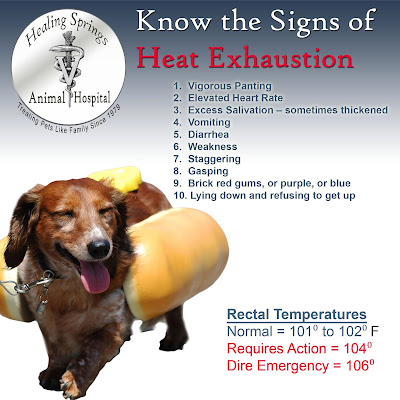We've all heard the saying, "Horse's are like potato chips, you just can't have one."
And many equestrian households find themselves with an extra or few who don't do much more than look cute and panhandle for cookies. The retired show horse, the unsound due to accident, the pity plea/ rescue, companion donkey, etc.
These horses rarely see halter and often go years without stepping foot in a trailer, and this is completely fine 99.9% of the time until there is a...
Fire, flood, major injury...
Insert worst case scenario (here).
Could you quickly and safely catch (and have the equipment to do so), and load your less handled equines in the event of an emergency?
Do you have proof of ownership in the form of brands, coggins/vet bills, registration papers, microchip, and or photos of you and your equine together in the event they get lost, have to be left at a emergency shelter, etc?
Disaster waits for no one. So be proactive.
And be sure even your extra horses have basic handling skills (catch, lead, load) and practice them occasionally before calamity strikes.











